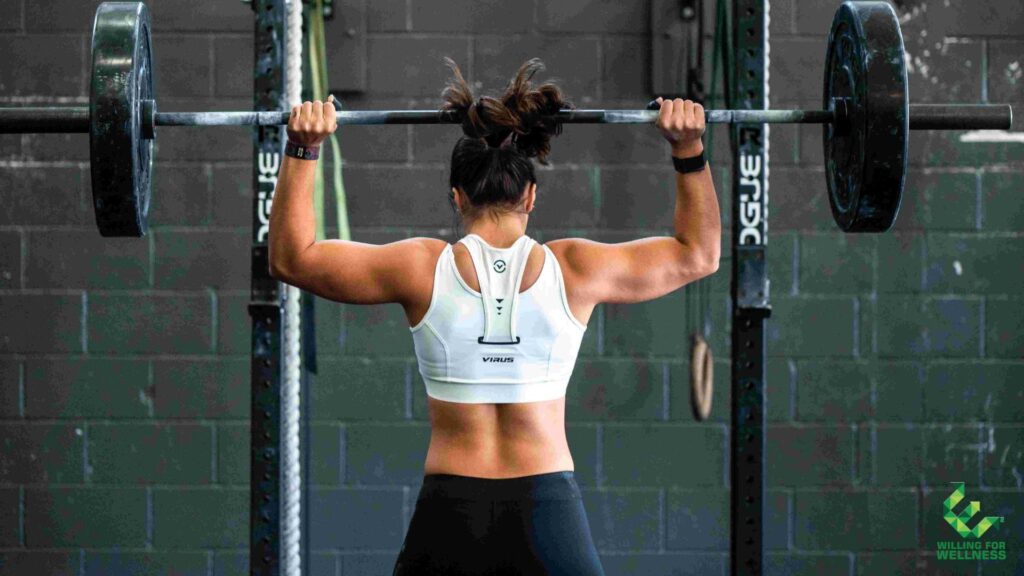Sports Nutrition, often known as exercise nutrition, is the practice of using nutritional concepts to improve training, recuperation, and performance. Compared with the general public athlete’s dietary needs are different, because their physical activity requires more macro and micronutrients to maintain performance and strength. The role of diet is as equal to the role of exercise for athletes. It became obvious that training intensity and duration had a significant impact on athletes’ dietary requirements.
How Diet Plays an Important Role
Nutritional support allows us a healthy and injury-free life, and also helps to enhance our performance and speedy recovery. A heavy training session results in our glycogen stores being depleted and the breakdown of our muscle tissues.
Carbohydrates full fill our glycogen stores and major energy requirement, whereas protein helps to rebuild and repair muscle tissues. Most athletes prefer a low-fat diet to maintain their body composition such as a lean and muscular body. Fat intake in athletes is usually not high but if we compare it to non-athletes then it is slightly higher. It is always balanced with total energy requirement and need.
Micronutrients such as vitamins are essential for energy production, helping the immune system, bone health, and hemoglobin synthesis. As well as minerals like iron, calcium, zinc, magnesium, and potassium, sodium plays an important role in athletic performance. Now come to Hydration, it is very important for everyone especially, those who are physically active.
So the conclusion is; that a well-balanced diet along with proper training should be followed by an athlete to achieve maximum results.


Very good article. I definitely love this site. Stick with it!